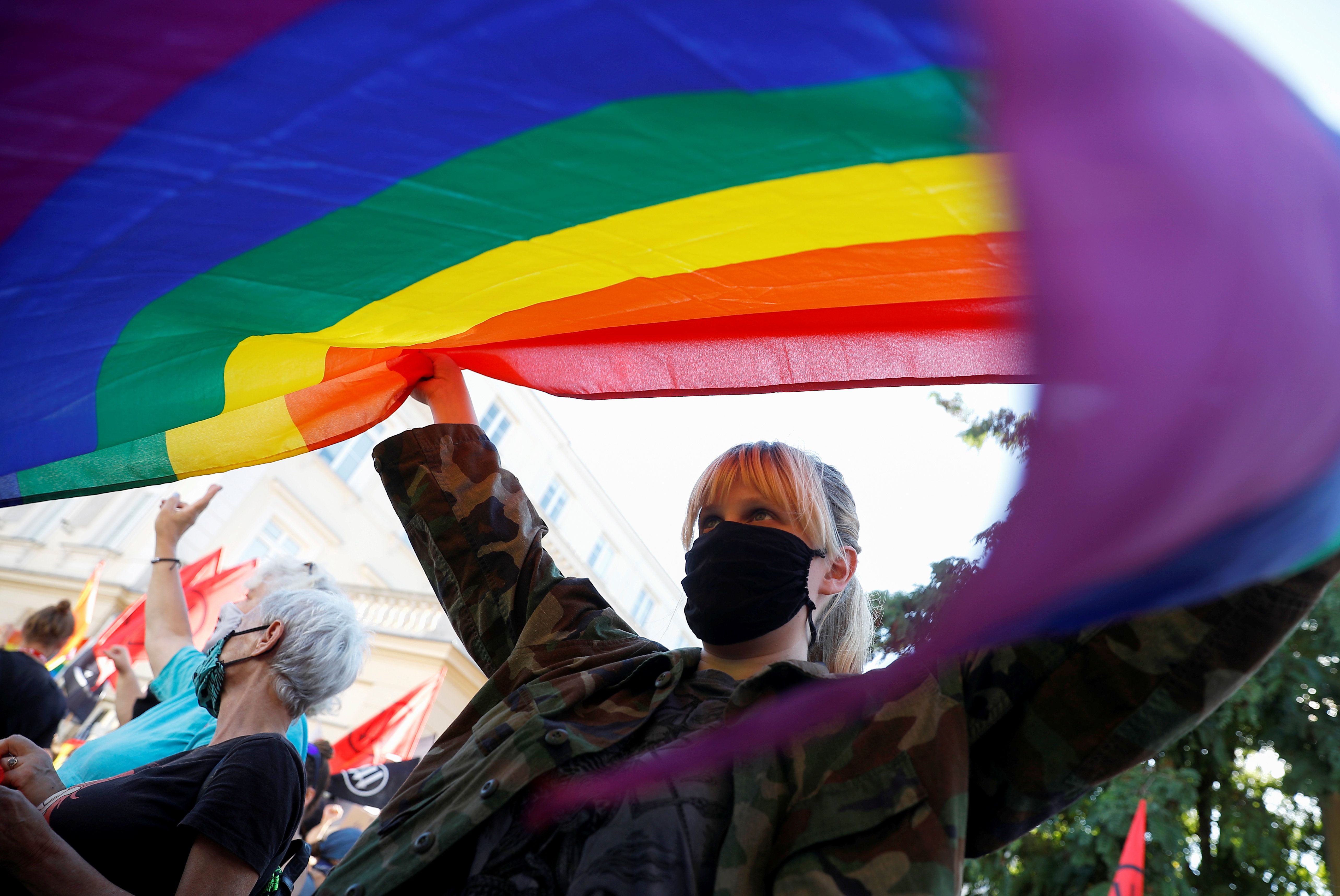News
August 18, 2020
67,800: The town of Tuchow in southern Poland will receive $67,800 in government funding after losing access to EU financial assistance for declaring itself "free of LGBTQ ideology." LGBTQ rights have become a flashpoint of Polish culture wars, with the ruling Law and Justice party pushing for what it calls "pro-family" policies in rural parts of the country despite EU threats to withdraw funding if such towns discriminate against LBGTQ people.
1 million: About one million people are now displaced due to increasing violence in Burkina Faso, where jihadist groups and a trigger-happy army are wreaking havoc on the local population. On top of climate change, which is making droughts more intense and frequent, now now the coronavirus pandemic has aggravated an already dire humanitarian emergency in the country, one of the poorest in Africa.
66: The US Air Force has agreed to sell 66 F-16 fighter jets to Taiwan. The sale comes amid rapidly deteriorating ties between the US and China, which considers Taiwan part of its territory, and just a week after the US made its highest-level visit to the island since recognizing the People's Republic of China in 1979.
$21 billion: Norway's sovereign wealth fund lost 188 billion kroner ($21 billion) in the first half of 2020 as a result of plummeting stock prices worldwide due to COVID-19. Close to 70 percent of the fund — where the Norwegian state invests its oil revenues — is held in stocks.
More For You
People in support of former South Korean President Yoon Suk Yeol rally near Seoul Central District Court in Seoul on Feb. 19, 2026. The court sentenced him to life imprisonment the same day for leading an insurrection with his short-lived declaration of martial law in December 2024.
Kyodo
65: The age of former South Korean President Yoon Suk Yeol, who was sentenced to life in prison on Thursday after being found guilty of plotting an insurrection when he declared martial law in 2024.
Most Popular
In an era when geopolitics can feel overwhelming and remote, sometimes the best messengers are made of felt and foam.
Hungarian Prime Minister Viktor Orban holds an international press conference in Budapest, Hungary, January 5, 2026.
REUTERS/Bernadett Szabo/File Photo
The Hungarian election is off to the races, and nationalist Prime Minister Viktor Orbán is facing his most serious challenger in 16 years.
How people in G7 and BRICS countries think their policies will effect future generations.
Eileen Zhang
Does skepticism rule the day in politics? Public opinion data collected as part of the Munich Security Conference’s annual report found that large shares of respondents in G7 and several BRICS countries believed their governments’ policies would leave future generations worse off.
© 2025 GZERO Media. All Rights Reserved | A Eurasia Group media company.
